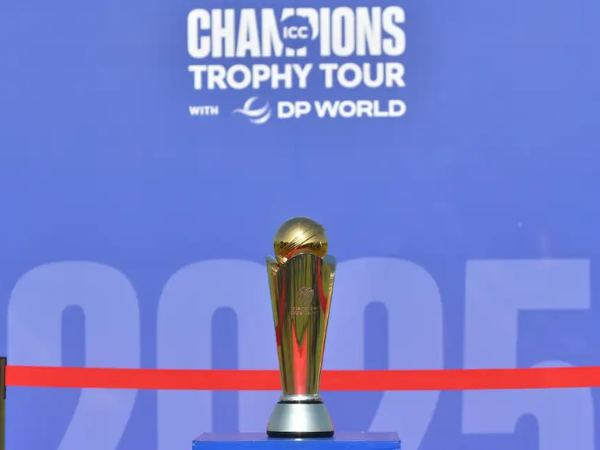views : 736
3 Min Read
No common ground for BCCI and PCB over Champions Trophy debacle
The Champions Trophy debacle shows no signs of resolution anytime soon. With just a couple of months remaining before the ICC event begins, the PCB and BCCI have yet to reach a consensus over the venue. In an earlier intervention by the ICC, Pakistan finally agreed to the hybrid model of play. However, the defending champions have presented their own set of conditions for the tournament to proceed seamlessly. These conditions, however, are not being entertained by the BCCI. The issue remains as unresolved as it was before the ICC meeting on Sunday.
BCCI rejects PCB's demands for hosting the ICC Champions Trophy per the hybrid model
The revival of the ICC Champions Trophy is proving far more challenging than the cricket fraternity had anticipated. While Pakistan, as the defending champions, won the bid to host the tournament, the series appears to be slipping out of their control. The PCB has invested significant efforts to ensure top-notch facilities for the ICC championship. The board has put its main venues under renovation to match the standards of marquee international events. However, despite these efforts, India remains unconvinced about the safety of its players in the neighboring country.
India has made its stance clear: it will not travel to Pakistan due to security concerns. Pakistan, however, remains adamant about retaining the hosting rights. Initially, the PCB rejected the hybrid model suggested by the BCCI. After a prolonged standoff and an ICC intervention, Pakistan reluctantly compromised to reach a common ground. However, the demands made by the PCB as a condition for accepting the hybrid model do not appear acceptable to the BCCI.
While the PCB has agreed to the hybrid model for the Champions Trophy, it has proposed extending the arrangement to the 2026 T20 World Cup, co-hosted by India and Sri Lanka. Matching India’s demands, Pakistan has requested that its matches be held outside India in the next ICC tournament. The BCCI, however, sees no merit in such a request. The Indian board has maintained that India poses no security concerns for visiting teams, unlike the concerns posed by Pakistan for Indian players. As a result, the BCCI has categorically refused to comply with the conditions set by the Pakistan Cricket Board.
The Pakistan cricket team stayed in India for an extended period during the 2023 ODI World Cup and faced no security threats during their visit. The BCCI has emphasized this point, asserting that there is no justification for altering tournament structures due to unwarranted security concerns. This disagreement over the hybrid model has broader implications, as both boards are preparing for several upcoming ICC tournaments. India is set to host major events, including next year’s Women’s ODI World Cup, the 2026 T20 World Cup, and the 2029 Champions Trophy. The PCB had hoped that reaching an agreement over the Champions Trophy would set a precedent for similar compromises in future tournaments, but the BCCI has dismissed these expectations.
The ICC, seeking to mediate, aimed to resolve the matter through discussions, potentially calling an emergency board meeting on Thursday. The meeting is expected to address the specifics of the hybrid model for the immediate event. However, the exact date remains unclear, and a previous meeting on Friday ended inconclusively as the PCB stood firm on its demands. Earlier, the PCB reluctantly agreed to the hybrid model only after the ICC threatened to relocate the Champions Trophy if Pakistan did not comply.
